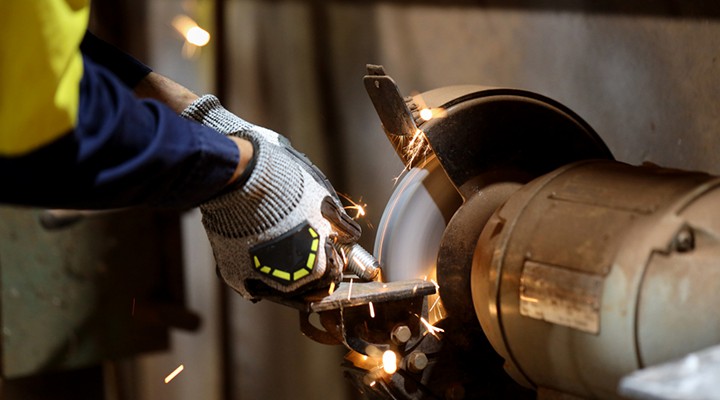


 349,500 Offered Certificates
349,500 Offered Certificates
 24/7 Online Training
24/7 Online Training
 Money Back Guarantee
Money Back Guarantee
 Fully Accredited Courses
Fully Accredited Courses

Created at: 23-02-2025 00:55
Abrasive wheels are essential tools in various industries, from construction to manufacturing, yet their improper use can lead to serious accidents and injuries. Workers in cities like Dublin, Cork, Galway, Limerick, and Waterford must be vigilant about their safety practices. In this blog post, we will explore the most common mistakes associated with abrasive wheels and how comprehensive training can significantly reduce risks.
Using abrasive wheels improperly not only jeopardizes worker safety but also affects productivity and can lead to costly operational downtime. Recognizing and understanding the common mistakes can help mitigate these risks.
Consider the case of a fabrication shop in Galway where improper wheel installation led to an explosion that injured two employees. They had used a wheel rated for a lower RPM than their machine, resulting in wheel failure during operation.
In a construction site in Waterford, workers neglected to wear safety goggles while using an abrasive saw. A small piece of metal flew off and caused a serious eye injury, highlighting the importance of PPE.
Effective training is the cornerstone in preventing these common mistakes. Programs such as the Abrasive Wheels Course in Dublin and other cities across Ireland provide necessary certifications and practical knowledge to ensure safe operation.
In summary, improper usage of abrasive wheels can have devastating consequences, not only for individual workers but also for overall business operations. By pinpointing common mistakes such as incorrect equipment usage, lack of risk assessment, and failure to follow safety procedures, businesses can take proactive steps toward safety. Enrolling employees in a certified Abrasive Wheels Course in Dublin, Cork, Galway, Limerick, or Waterford is a crucial step toward fostering a culture of safety and compliance. Don't wait for an accident to happen—contact us today at [email protected] to get started on your training journey!